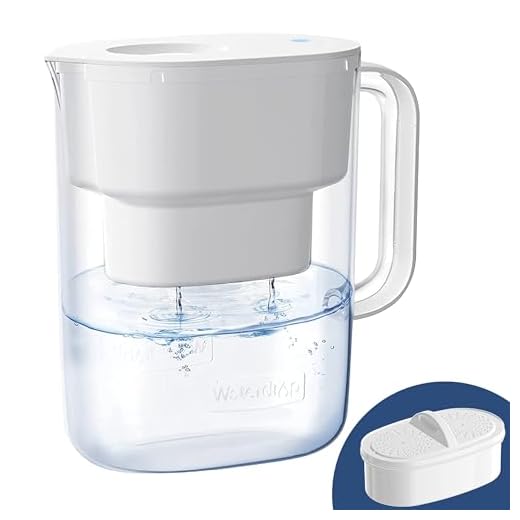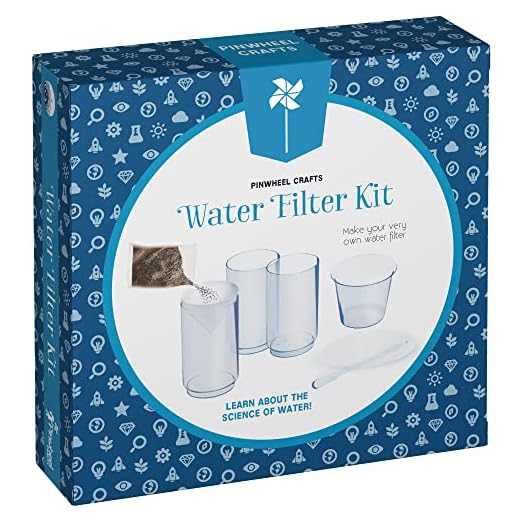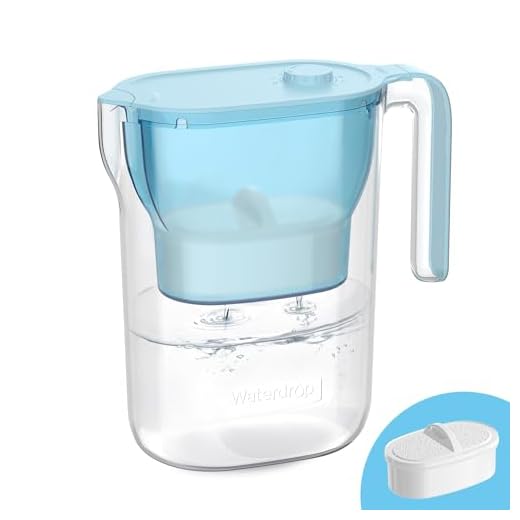




Brand Reputation and Reviews
When selecting a water filter, brand reputation plays a crucial role in ensuring reliability and quality. Established brands often have a track record of producing effective filtration systems and garnering trust among consumers. Researching various brands allows potential buyers to compare options and identify those with positive market presence. Online reviews can serve as a valuable resource, providing insights into the experiences of other customers.
Customer feedback often highlights not only the effectiveness of the filters but also the overall durability and ease of use. High ratings indicate satisfaction with product performance and customer service. It is important to consider both the quantity and quality of reviews, as a well-reviewed product with numerous ratings typically reflects consumer confidence. Engaging with forums and community discussions can provide additional perspectives, allowing buyers to make informed choices.
Evaluating Customer Feedback and Ratings
Customer feedback is a valuable resource when assessing the effectiveness of water filters. Online reviews often highlight the real-world performance of a product. Consumers tend to share their experiences regarding installation ease, taste improvement, and overall satisfaction. Analyzing ratings helps identify common issues or praises associated with specific filters. Look for patterns in feedback, focusing on consistency across multiple reviews to gain better insights into each product’s strengths and weaknesses.
Pay attention to how recent the feedback is, as older reviews may not reflect the most current product versions. A higher number of reviews can indicate a well-established product, while fewer opinions might suggest a newer release or less popularity. Consider both the scores and the content of the reviews to get a complete picture. This balanced approach allows potential buyers to make informed decisions based on actual user experiences rather than just marketing claims.
Certifications and Standards
Certifications play a crucial role in ensuring that water filters meet safety and performance standards. Organizations such as the National Sanitation Foundation (NSF) and the American National Standards Institute (ANSI) evaluate products to verify that they adhere to stringent guidelines. Filters that possess these certifications have undergone rigorous testing. This demonstrates their capability to effectively reduce harmful contaminants while ensuring safe drinking water.
When evaluating a water filter, always look for reputable certifications. A lack of recognized endorsements might indicate that the product has not been thoroughly tested. Investing in a filter with NSF or ANSI certification can provide peace of mind. Consumers can trust that the selected product meets essential health and safety criteria, enhancing overall reliability and performance in delivering clean water.
Importance of NSF and ANSI Certifications
Certification from organizations like NSF (National Sanitation Foundation) and ANSI (American National Standards Institute) plays a crucial role in ensuring the reliability and safety of water filters. These certifications indicate that a product has undergone rigorous testing for performance and contaminant reduction. They also assure consumers that the filters meet specific health and safety standards, which is essential in making an informed purchasing decision.
Trusting products with NSF and ANSI certifications can provide peace of mind. Consumers can have confidence that the filter will effectively remove harmful substances while improving overall water quality. These certifications form an important part of the decision-making process, highlighting a filter’s commitment to safety and effectiveness in maintaining clean water.
Installation and Replacement
When considering water filters, evaluating installation options is crucial. Many filters are designed for easy installation, which allows users to set them up without professional assistance. These types often come with clear instructions and all necessary components included. Homeowners can save on installation costs by opting for these simpler systems. However, some filters may require more complicated setups that necessitate the expertise of a professional plumber.
Replacement procedures are another key aspect to consider. Most filters require regular replacement to maintain their effectiveness, and the frequency can vary widely depending on the type and usage. It’s important to choose a filter with easily accessible replacement parts. Automatic reminders or subscription services for replacement cartridges can enhance convenience. Understanding these factors ensures that the chosen system remains functional and effective over time.
Do-It-Yourself vs. Professional Services
When deciding on water filter installation, the do-it-yourself approach can be appealing for many homeowners. Products often come with easy-to-follow instructions, making it feasible for individuals with basic tools and skills to complete the setup. This route may save costs associated with hiring a professional. Additionally, many people enjoy the satisfaction of handling home improvement tasks independently.
Choosing professional installation, on the other hand, ensures that the system is set up correctly and efficiently. Experts bring experience and knowledge, which can prevent potential mistakes that may arise during a DIY installation. This option also provides the benefit of warranty protection for installation. A seasoned technician can address any complications and offer valuable insights into optimal maintenance for the filter system.
FAQS
What should I consider when looking at brand reputation for water filters?
Consider factors such as the company’s history, customer satisfaction ratings, and the overall reliability of their products. Look for brands with positive reviews and a strong track record in the water filtration industry.
How can I evaluate customer feedback and ratings for water filters?
Read reviews on multiple platforms, including retail websites, forums, and social media. Pay attention to both positive and negative feedback to get a balanced view of the product’s performance and reliability.
What certifications should I look for in a water filter?
Look for NSF and ANSI certifications, as they ensure that the filter meets specific safety and performance standards. These certifications can provide peace of mind that the product has been tested for effectiveness.
Why are NSF and ANSI certifications important for water filters?
NSF and ANSI certifications indicate that the filter has undergone rigorous testing to ensure it effectively removes contaminants and meets safety standards. Choosing certified products helps guarantee that you are using a reliable and safe water filtration system.
Should I install a water filter myself or hire a professional?
It depends on your comfort level and the complexity of the installation. Some water filters are designed for easy DIY installation, while others may require professional assistance. Assess your skills and the specific installation requirements before deciding.
Related Links
How to Calculate Long-term Savings with Water Filters
Review of Cost-effective Water Filters in 2023

